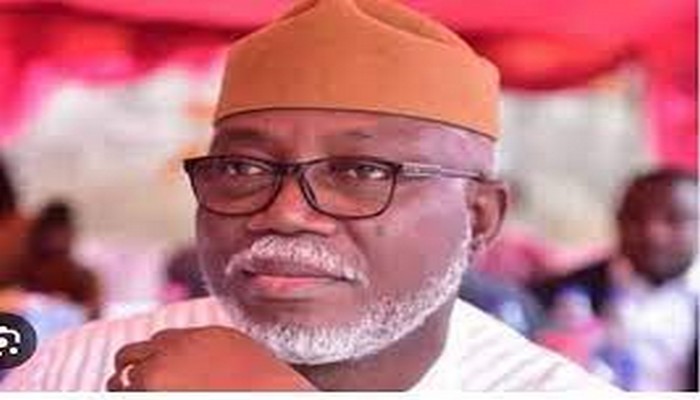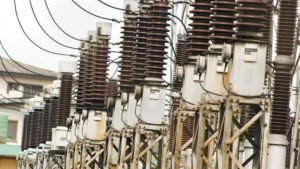
By David Akinmola
Nigeria’s refining landscape is poised for a significant boost as Backbone Infrastructure Nigeria Limited (BINL) unveiled a bold $15 billion plan to construct a 500,000 barrels-per-day (bpd) refinery and develop a Free Trade Zone (FTZ) in Ondo State.
The large-scale initiative, revealed on Tuesday, could position Nigeria closer to energy self-sufficiency and industrial competitiveness, while potentially rivaling the Dangote 650,000 bpd refinery and the country’s 445,000 bpd state-owned facilities.
To be located at the Sunshine Industrial Park in Ogboti, Eruuna, within Ilaje Local Government Area, the refinery is part of a joint venture with the Ondo State Government through its agency, ONDIPA. The project is structured to be implemented in phases, beginning with an initial 100,000 bpd refining module targeted for completion within 48 months.
Ahead of an official courtesy visit to Ondo State Governor Lucky Aiyedatiwa, BINL’s Vice President for Corporate Services, Wale Adekola, said the refinery will serve both local and international markets, providing refined products for domestic use and feedstock for related industries.
Adekola also confirmed that a formal signing ceremony of Memoranda of Understanding (MoUs) between BINL and ONDIPA will be held on July 15 to officially kick off the project.
“This is more than a refinery. It’s an integrated industrial development agenda,” Adekola said. “Alongside crude refining, the project will deliver critical infrastructure including roads, storage tanks, loading bays, and terminals. The FTZ will be equipped to support seamless operations and attract foreign direct investment.”
BINL, with operational bases in Abuja, London, and Zug, Switzerland, is currently in discussions with the Nigerian National Petroleum Company Limited (NNPC Ltd) for a possible strategic alliance on the project, envisioned as a next-generation refining hub.
If actualized, the project could reduce pressure on Nigeria’s foreign exchange reserves, bolster energy security, and significantly boost the country’s industrial output.
The company emphasized its commitment to global best practices and regulatory compliance, embedding a “strict governance structure” into its development framework.
BINL also highlighted its corporate social responsibility focus, pledging to invest in education, infrastructure, and local employment to benefit host communities.
“These developments are designed to stimulate economic activity, narrow Nigeria’s trade deficit, and increase government revenue,” Adekola noted. “We’re ensuring early stakeholder engagement to foster community support and long-term sustainability.”
Despite concerns surrounding financing, regulatory delays, and challenges that have historically slowed similar projects, BINL expressed confidence in its ability to move forward, backed by a consortium of technical experts and financial partners yet to be publicly named.







